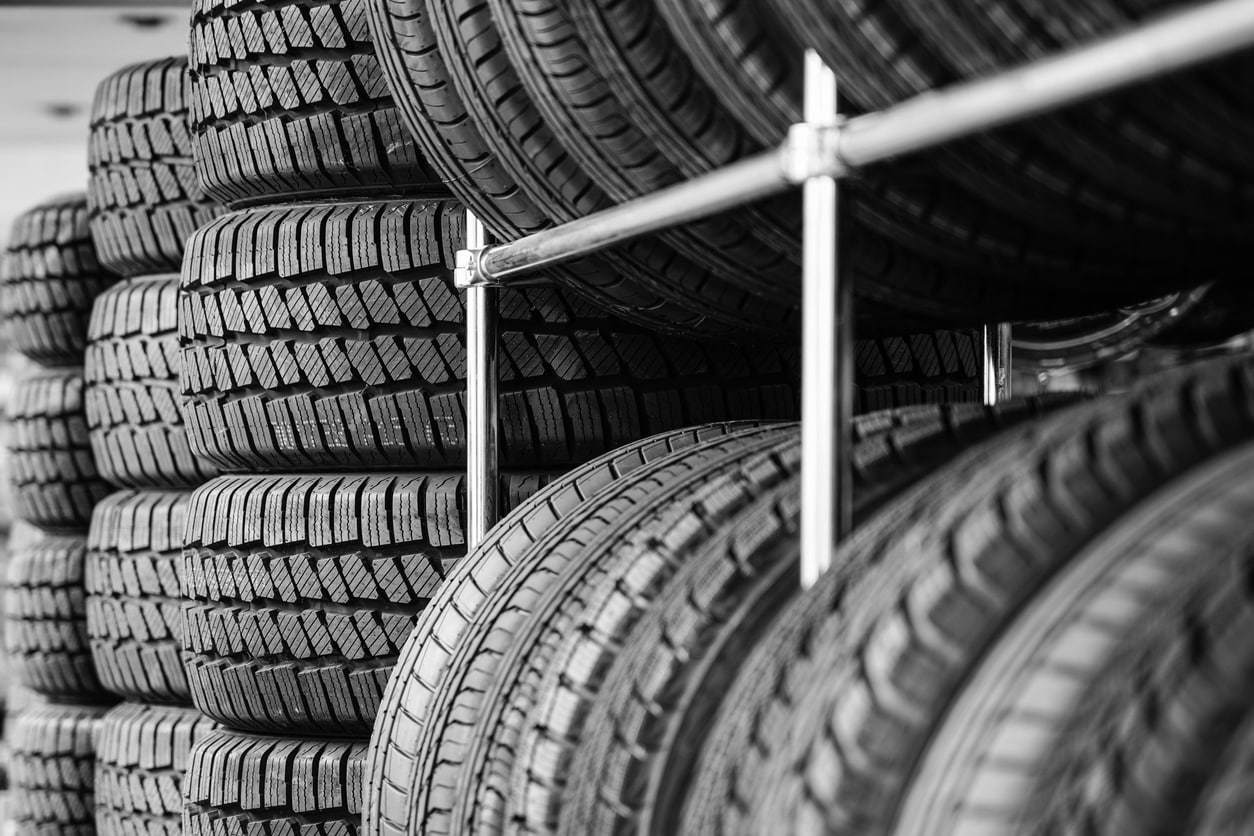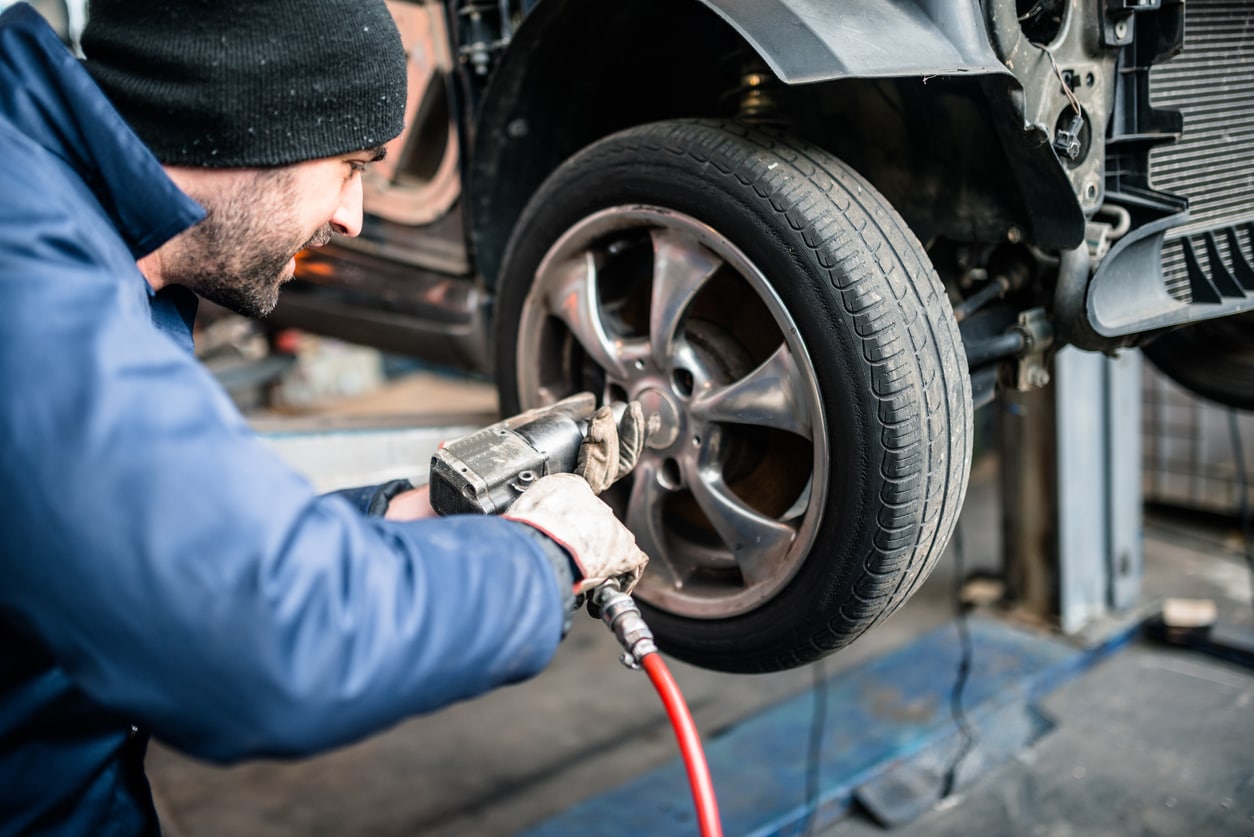
According to the National Highway Traffic Safety Administration, about 9% of motor vehicle accidents are tire-related. This suggests that proper tire maintenance can help reduce collisions besides keeping them in good condition for an extended period. Unfortunately, most car owners find it challenging to adopt practical ways to keep their wheels and tires in great shape.
Whether you desire to buy new or used cars in Bradenton, keeping your tires in good shape is crucial. That said, here are a few expert tips to help you keep your wheels and tires in tip-top condition and drive safely on the road.
Check Tire Pressure Regularly
Most people ignore checking their tire pressure on a regular basis, especially when they have new tires fitted on their vehicles. Typically, it is essential to check your tire pressure at least once a month and before or after a long trip. Although auto manufacturers recommend a cold tire pressure of 30 psi, some tires may require varying pressure levels based on the manufacturer's recommendation.
Check your car owner's manual to determine the recommended tire pressure for your vehicle, ensuring you have the correct pressure on each tire. In addition, maintaining proper tire inflammation is essential since underinflated tires have an increased rolling resistance that reduces fuel efficiency.
Rotate Your Tires
Most modern cars use two wheels at a time to move the vehicle, which often leads to uneven tire wear. For instance, front-wheel drive vehicles tend to have front tires wearing faster, while rear-wheel drive vehicles have back tires wearing first. Similarly, all-wheel-drive vehicles can experience uneven wear since they shift the drive power from one wheel to another.
Depending on your vehicle usage, rotating your tires every 5,000 miles helps provide an even wear on each tire. Tire rotation involves moving tires to different wheel positions on the vehicle; for instance, removing the front tires and putting them on the rear wheel. Tire rotation makes tires last longer, prevents uneven wear, and keeps the tires in good condition.
Avoid Overloading Your Vehicle
Vehicle manufacturers often provide placards on car door frames that indicate the total weight the vehicle can safely carry. However, exceeding the weight limit can damage various vehicle parts, including causing tire failures. Car owners who continually overload their vehicles can notice significant wear on the tires and other wheel problems.
Although the tires may not blow, overloading increases pressure within the tires which causes increased friction that produces excessive heat. As a result, overheated tires tend to wear out faster and the tires' lifespan, or create other wheel issues over time. In some cases, overloading may cause blowouts, causing the driver to lose control and result in a motor vehicle collision.
Check Wheel Alignment Twice a Year
Your car may have an alignment problem if it actively pulls or drifts left or right, or the steering wheel shakes or vibrates when driving. In some cases, your vehicle could be operating sufficiently but be misaligned. Most misalignment issues occur when you hit a pothole, bump up against a barrier or hit the curb.
If you have your wheels toed in or toed out due to misalignment, you might experience increased tread wear and reduce your vehicle's fuel efficiency. Checking your alignment lets you adjust your car's alignment, helping you save money and keep your tires and wheels in good condition. Therefore, it is essential to take your vehicle to a mechanic every six months to check for misalignment.
Check Tire Treads
The legal minimum tread depth for vehicles is 2/32 inches, although tires with greater depth improve safety. For instance, new tires with 10/32-inch tread depth have an average stopping distance of 195.2 feet in the rain, while tires with 4/32 inches have an average of 290 feet. Checking your tire treads every month helps keep your tires in perfect shape and increase their safety.
Clean Your Wheels and Tires
Cleaning your wheels and tires is crucial if you intend to prevent risks associated with steering impact, severe defects, and rust. If you can change your tires, thoroughly clean the nuts, wheel hubs, and bolts, as well as apply the required agents to help keep them in perfect condition. Consulting your mechanic can also help with keeping your wheels and tires clean.
Have Your Wheels Balanced

Tires and wheels have varied heavy spots that might cause balancing issues, even if the tires are brand new. Although the difference is slight, often measured in one-quarter to one-half ounces, such a variation can result in vibrations and uneven tire wear. Your mechanic can balance your wheels separately using a specialized machine and small weight.
While you can conduct wheel balancing during tire rotation, getting your tires' balance checked and adjusted helps move or change the weight to create the balance. The process is relatively cheaper. Indeed, it costs less than purchasing new tires when you need to keep your tires in perfect shape for longer.
Avoid Installing Mismatched Tires
Every tire has a sidewall marking that provides information about the tire. This includes the manufacturer, load index, speed rating, age, tire range, and size. Although it can be difficult to understand what these numbers mean, the most critical element is size. Therefore, when replacing your tire, ensure you purchase the correct size tire to avoid causing issues with other tires.
For instance, if you purchase a smaller or larger tire than the three tires on your vehicle, it would likely lead to uneven and faster wear, among other wheel problems. Hence, it is advisable to purchase at least two front or back tires when replacing your tires. This helps keep the vehicle balanced and prevents tire issues that can reduce its lifespan.
Bottom Line
Keeping your car tires in great shape is a huge investment and accompanies various benefits, including increasing safety, saving costs, and a better overall experience. Above are some tips to help you get started with keeping your wheels and tires in excellent condition. If you need professional assistance, our dealership is full of Cadillac experts, don't hesitate to give us a call at 941-751-6886 or visit us at 4780 14th St. Monday – Saturday.
